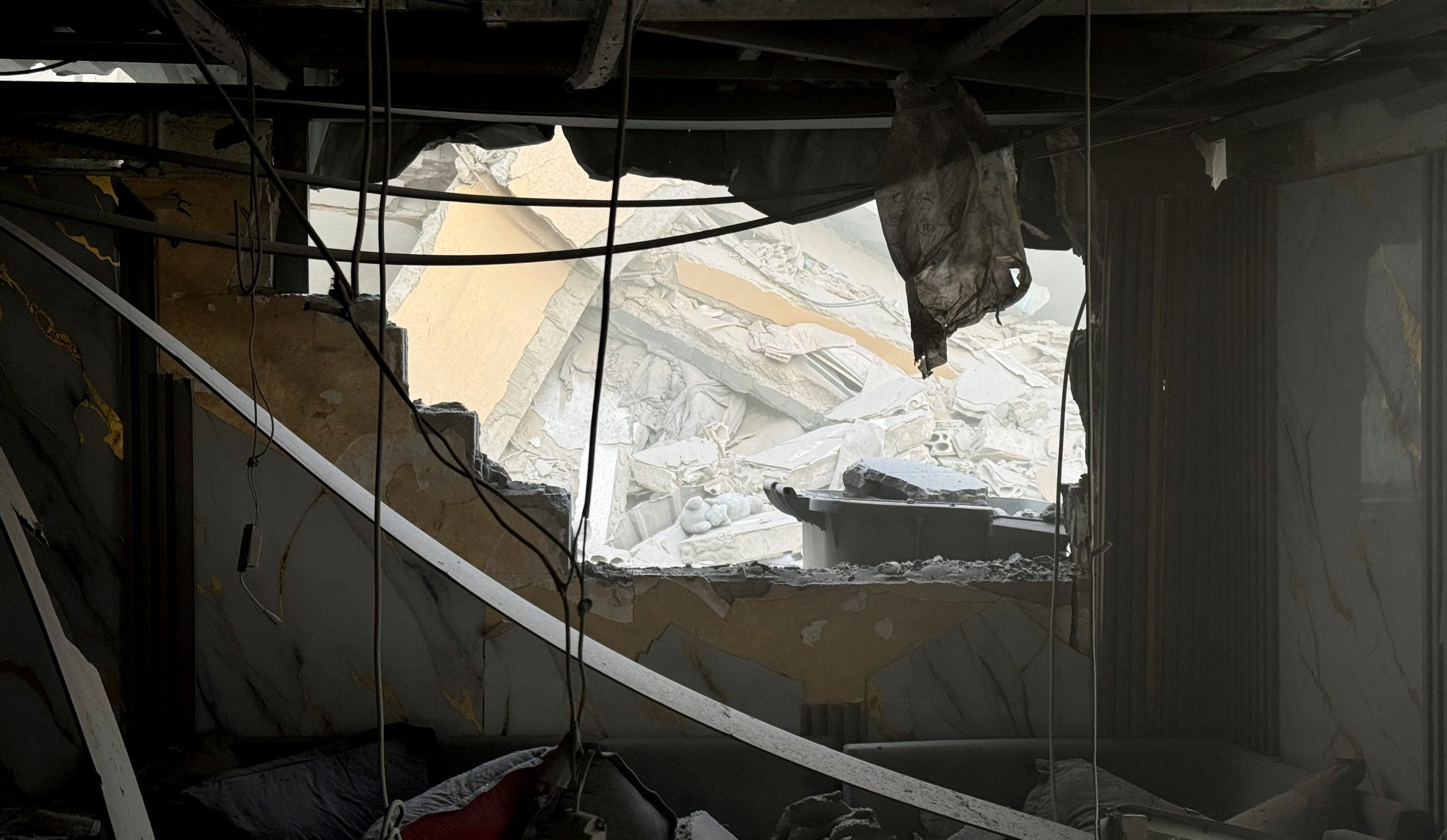Recent reports indicated that the United States urged Lebanon to declare a unilateral ceasefire to facilitate stalled negotiations aimed at ending the ongoing conflict between Israel and Hezbollah. This proposal was allegedly communicated by US envoy Amos Hochstein to Lebanon’s caretaker Prime Minister Najib Mikati.
However, Mikati’s office swiftly denied these claims, asserting that Lebanon seeks a ceasefire agreement from both sides involved in the hostilities, in alignment with United Nations Security Council Resolution 1701, which previously ended the conflict between Israel and Hezbollah in 2006.
The Biden administration has faced criticism for its handling of the conflicts in Gaza and Lebanon, with various proposals aimed at de-escalation proving ineffective. Despite these challenges, US Secretary of State Antony Blinken has expressed optimism regarding the potential for negotiations, especially in light of the upcoming US presidential election. The diplomatic push from the US coincides with escalating tensions in the region, further complicating the situation.

US Urges Lebanon for Unilateral Ceasefire Amid Stalled Negotiations with Israel and Hezbollah
Lebanon’s armed forces are not actively engaged in the fighting that has seen Hezbollah fire rockets at Israeli positions, largely in solidarity with Hamas. However, any ceasefire initiative would require Hezbollah’s approval, given its significant influence in Lebanon’s political framework, where it holds ministerial positions and parliamentary seats. The US has attempted to encourage Lebanon to take a more proactive role in negotiations, amid concerns that Israel’s military operations could continue unchecked.
The concept of a unilateral ceasefire has been deemed untenable within Lebanon, as it would likely be perceived as an act of surrender. Israeli officials have been pushing for assurances from the US that it would maintain Israel’s right to respond militarily to any ceasefire violations by Hezbollah. Such demands are viewed unfavorably by Lebanese factions, including Hezbollah, which insists that any ceasefire must meet specific, yet undisclosed, conditions.
As the hostilities continue, Israel has intensified its military actions, including airstrikes in southern Beirut and the northeast region of Baalbek. Reports indicate that significant damage has occurred, with dozens of buildings destroyed. Simultaneously, Israeli airstrikes in Gaza have resulted in numerous casualties, raising further humanitarian concerns. Despite the ongoing international mediation efforts, the prospects for achieving a ceasefire seem increasingly bleak as both sides remain entrenched in their positions.
